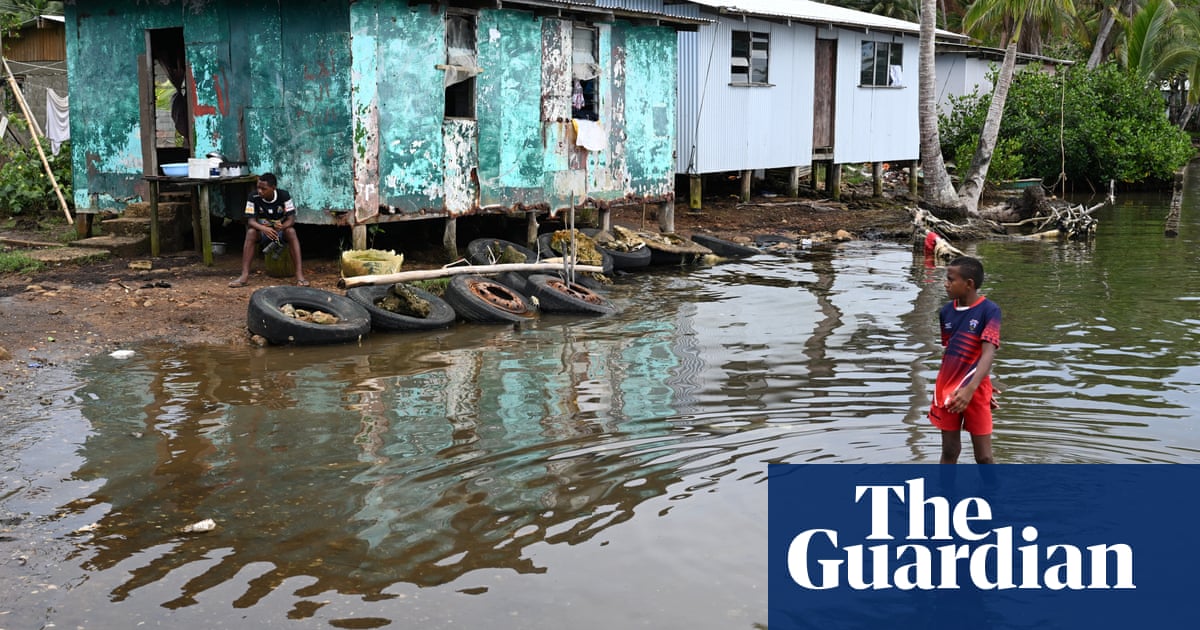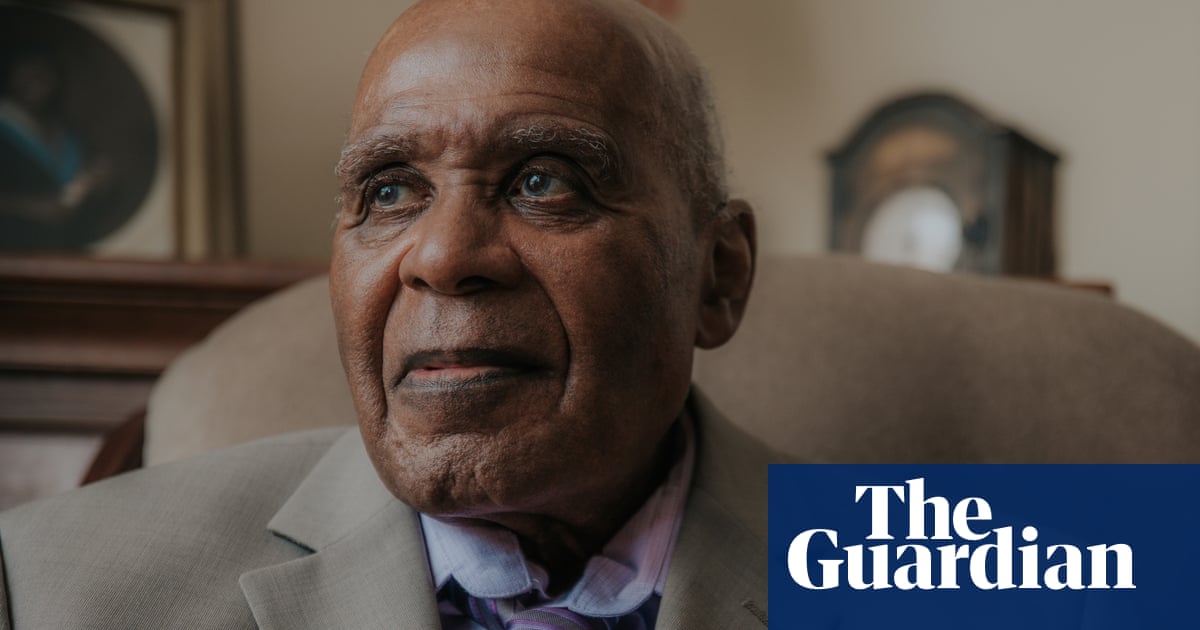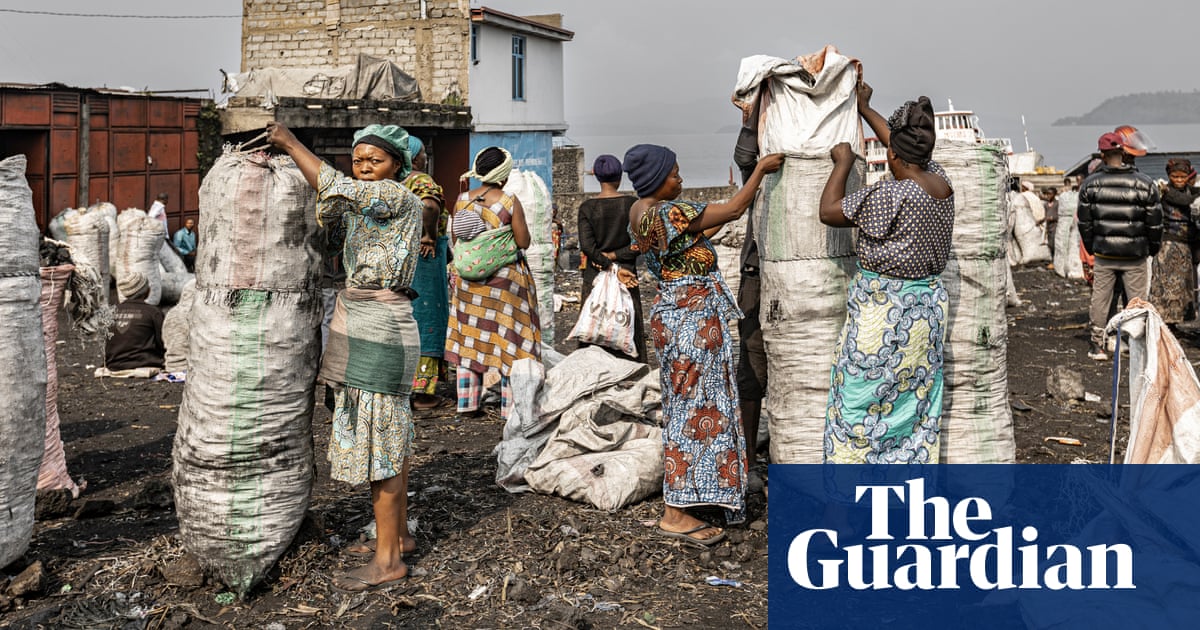Leaders and environmental advocates in the Pacific have expressed alarm over Donald Trump’s decision to withdraw from the Paris climate agreement and freeze foreign aid, warning the moves will accelerate the existential threats they face as nations on the frontlines of the climate crisis.
The Paris agreement is the world’s main effort to address the impacts of the climate crisis. Trump has called it “unfair” and a “rip off”.
In an interview with the Guardian, Samoa’s prime minister Fiame Naomi Mataʻafa described Trump’s move to pull out of the Paris agreement as “very disappointing,” saying it would undermine global climate action and put the survival of Pacific countries at greater risk.
“We look to the US as a global leader, but they seem to not recognise this global issue, not only for Samoa but for the Pacific,” Fiame said.
“It’s not surprising … nevertheless, it is very disappointing,” the prime minister said.
A freeze on US foreign aid has deepened concerns that the Pacific region will suffer further as crucial assistance for climate adaptation, disaster management, extreme weather resilience is cut, or under threat. In addition, Fiame told the Guardian Pacific countries would be “seriously impacted” by the withdrawal from the World Health Organisation and other multilateral bodies.
“These are the forums that small countries rely on; they are critical to our voices being heard and our causes being addressed,” she said.
Under the Biden administration, Washington increased its engagement with Pacific island nations, emphasising climate change as a central concern. In 2022, then-vice president Kamala Harris announced a substantial aid boost, pledging to triple US assistance to the region to $600m.
Despite their minimal contribution, Pacific nations face severe and disproportionate climate impacts including rising sea levels, coastal erosion, loss of freshwater sources, and potential displacement. Additionally, extreme weather events such as tropical cyclones, floods, and droughts continue to devastate infrastructure, homes, and economies across the region.
The Paris agreement is the first legally binding climate treaty to explicitly recognise loss and damage as a separate pillar of climate action, distinct from mitigation and adaptation. This marked a significant victory for Pacific island countries, which had long pushed for its recognition in global climate negotiations.
Papua New Guinea’s prime minister, James Marape, told PNG media that the US withdrawal from the Paris climate agreement was “morally wrong.”
“The United States has recently revitalised its relations with the Pacific, and it is very discouraging to see it backing down from climate talks, which have a direct impact on climate change mitigation for us in the Pacific,” Marape said.
“We continue to be subjected to rising sea levels and unpredictable weather patterns that impact lives and economies.”
From fiscal years 2017 through 2023, US agencies provided more than $420.3m to address climate risks in 14 Pacific Island countries and three US territories in the Pacific, according to the US government accountability office. US-funded projects include climate resilience initiatives and livelihood protection in Papua New Guinea’s rural highland communities, and the development of early warning systems for remote communities in Fiji.
Samoa-based Sefanaia Nawadra is director-general of the Secretariat of the Pacific Regional Environment Programme (SPREP), an organisation that works with Pacific governments on environmental protection. He described the US climate policy shifts as “disheartening” and said the Pacific must now “work harder and smarter, together and with all available partners to meet the needs of our people.”
“Climate change represents the single greatest threat to our region,” he said.
However, SPREP notes that other partners may step in to fill funding gaps left by the US. Pacific nations receive climate funding and support from a range of other governments – including Australia, the UK, China and Japan – and also access financial support from multilateral organisations.
Nawadra said Pacific countries “will continue to seek and receive support from existing partnerships” to address their adaptation and mitigation needs.
Pacific climate campaigner Jacynta Faʻamau of 350.org said the climate crisis was “the greatest security threat to the Pacific,” while emphasising the region’s resilience.
“Island nations are committing to scaling up their own renewable energy plans and doing their part to secure our futures.
“The government of the US and the rest of the global north have a lot to answer for in terms of historical responsibility for the climate crisis, but they are no longer who we are looking to for leadership,” she said.
Article by:Source: Lagipoiva Cherelle Jackson













